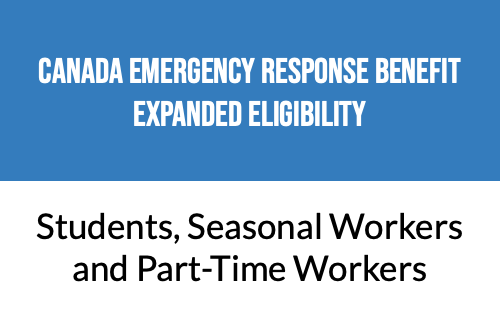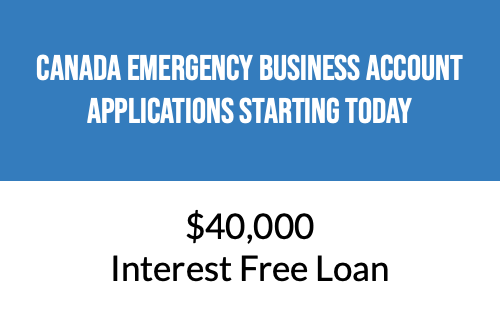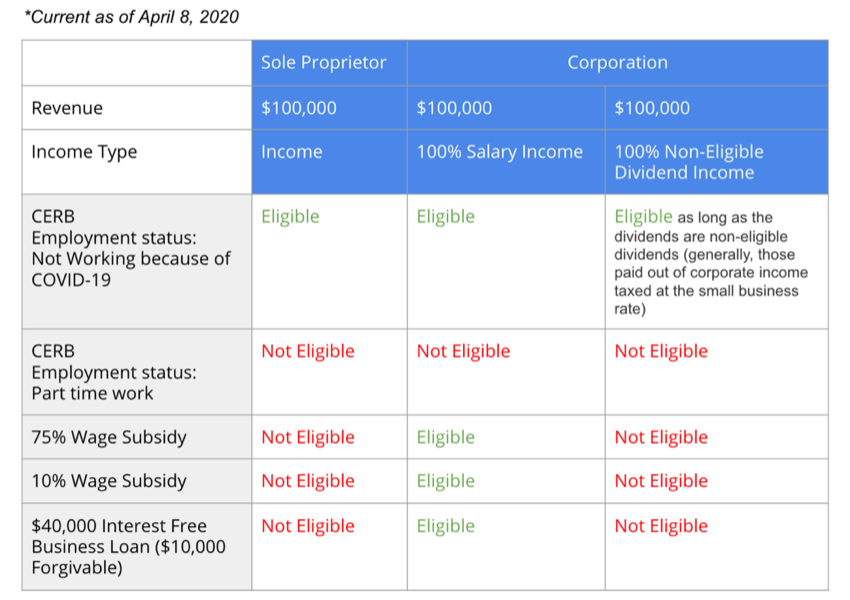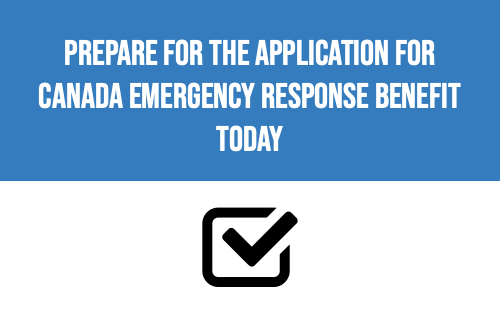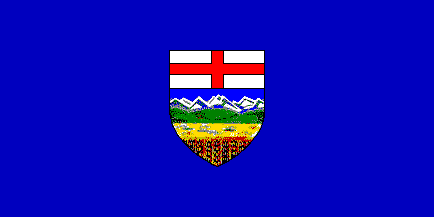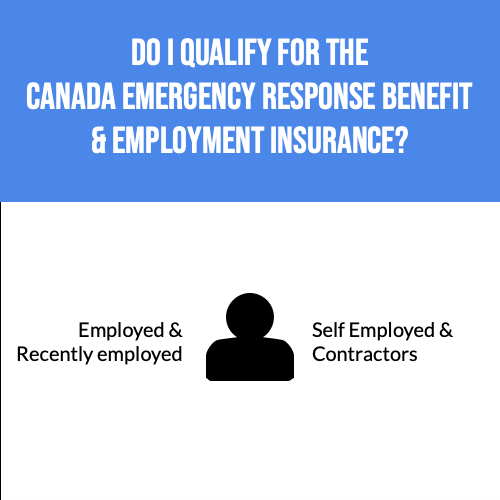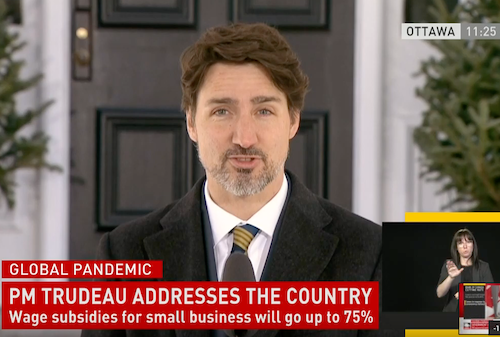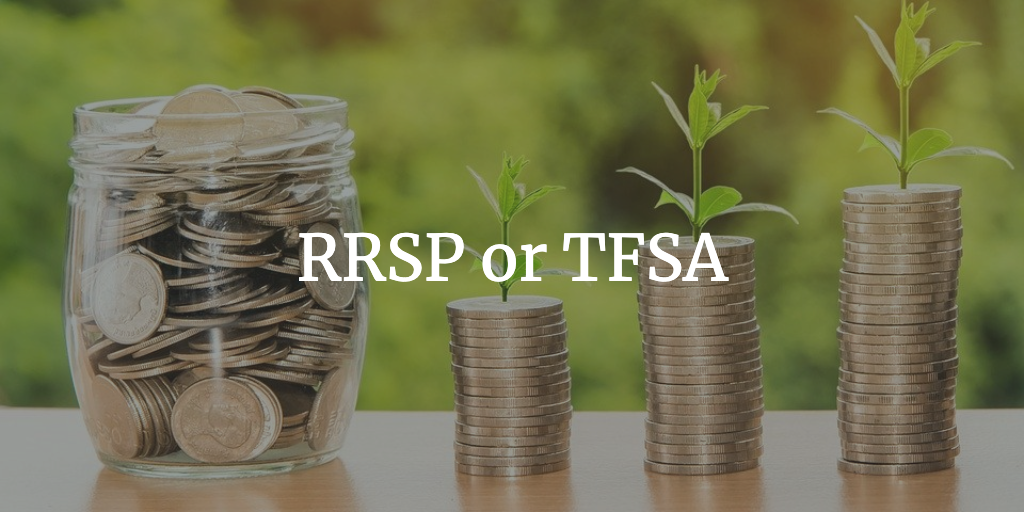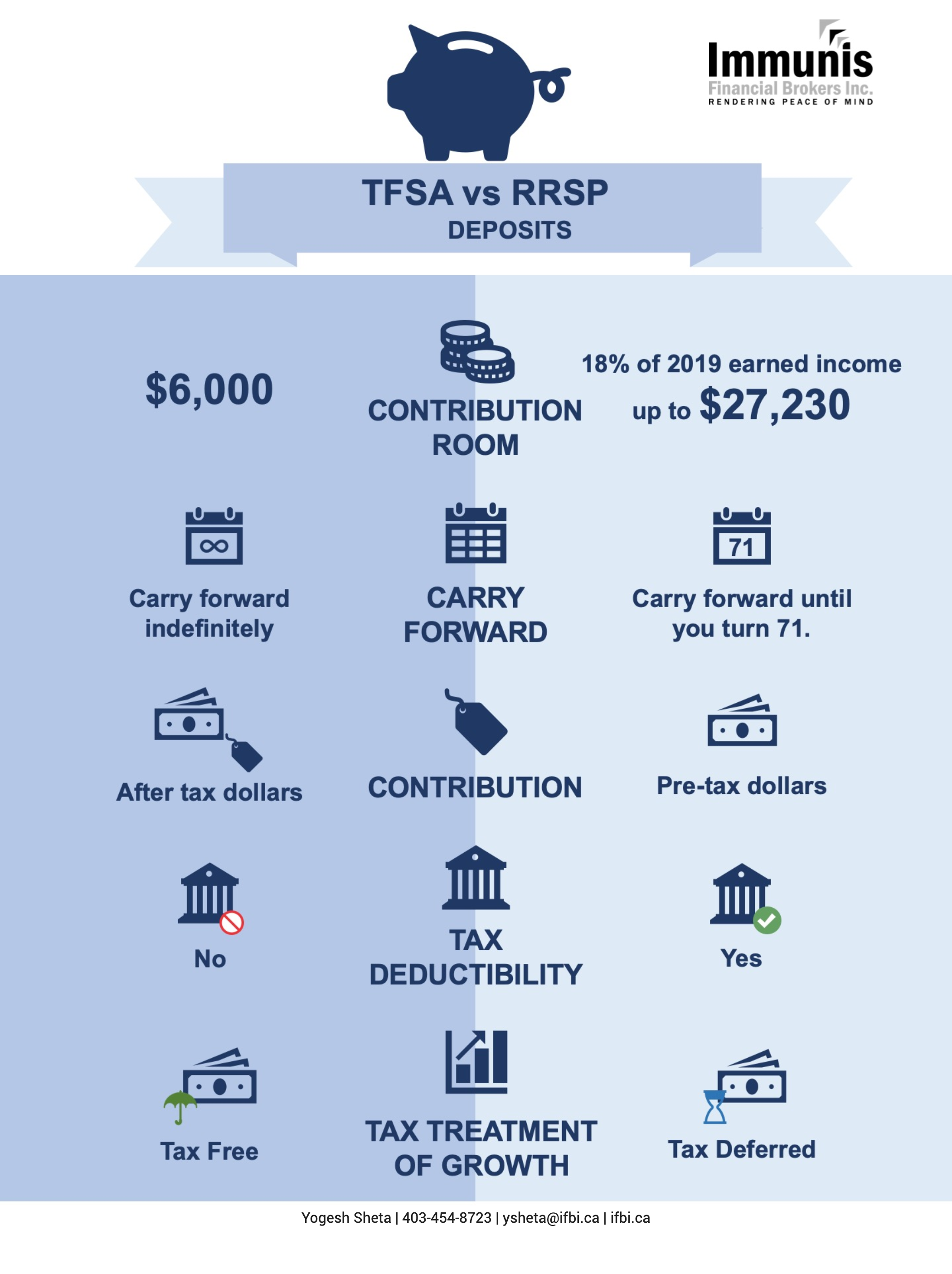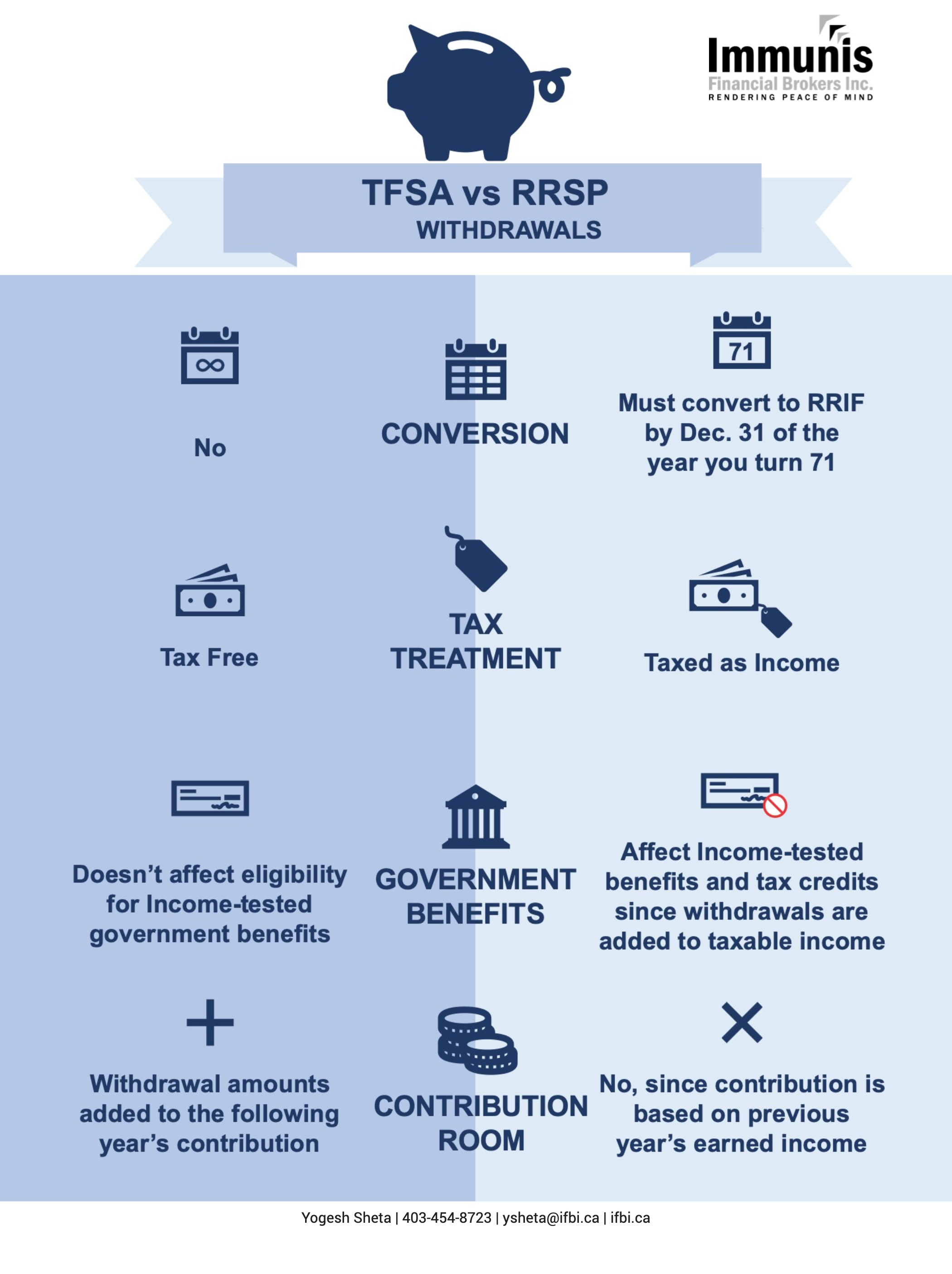
On April 16th, Prime Minister Justin Trudeau announced support for to help small businesses with their rent for the months of April, May and June. The program is being worked out with the provinces and more details will be available shortly.
Canada Emergency Commercial Rent Assistance
On April 16th, Prime Minister Justin Trudeau announced support for to help small businesses with their rent for the months of April, May and June.
The program is being worked out with the provinces and more details will be available shortly.
“Businesses and Commercial property owners are also facing specific challenges because of COVID-19 so we plan on introducing the Canada Emergency Commercial Rent Assistance. This program will provide support to help small businesses with their rent for the months of April, May and June. To implement this program we have to work with the provinces and territories as they govern rental relationships and we hope to have more details very soon” – PM Justin Trudeau
Canada Emergency Business Account
The eligible amounts are being expanded to include businesses with 2019 total payroll between $20,000 – $1.5 million.
There are restrictions on the funds can be used. From their website https://ceba-cuec.ca/:
“The funds from this loan shall only be used by the Borrower to pay non-deferrable operating expenses of the Borrower including, without limitation, payroll, rent, utilities, insurance, property tax and regularly scheduled debt service, and may not be used to fund any payments or expenses such as prepayment/refinancing of existing indebtedness, payments of dividends, distributions and increases in management compensation.”

